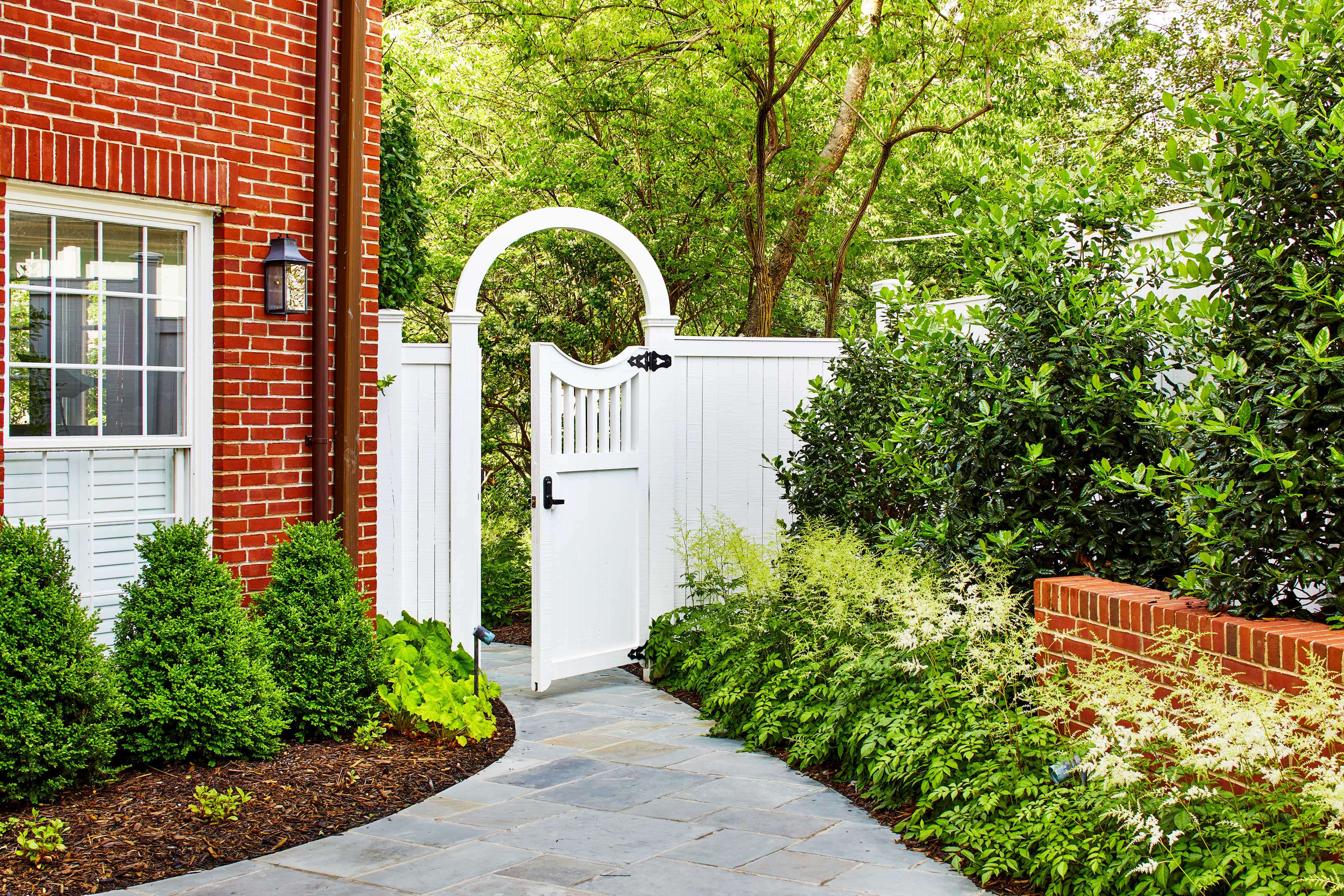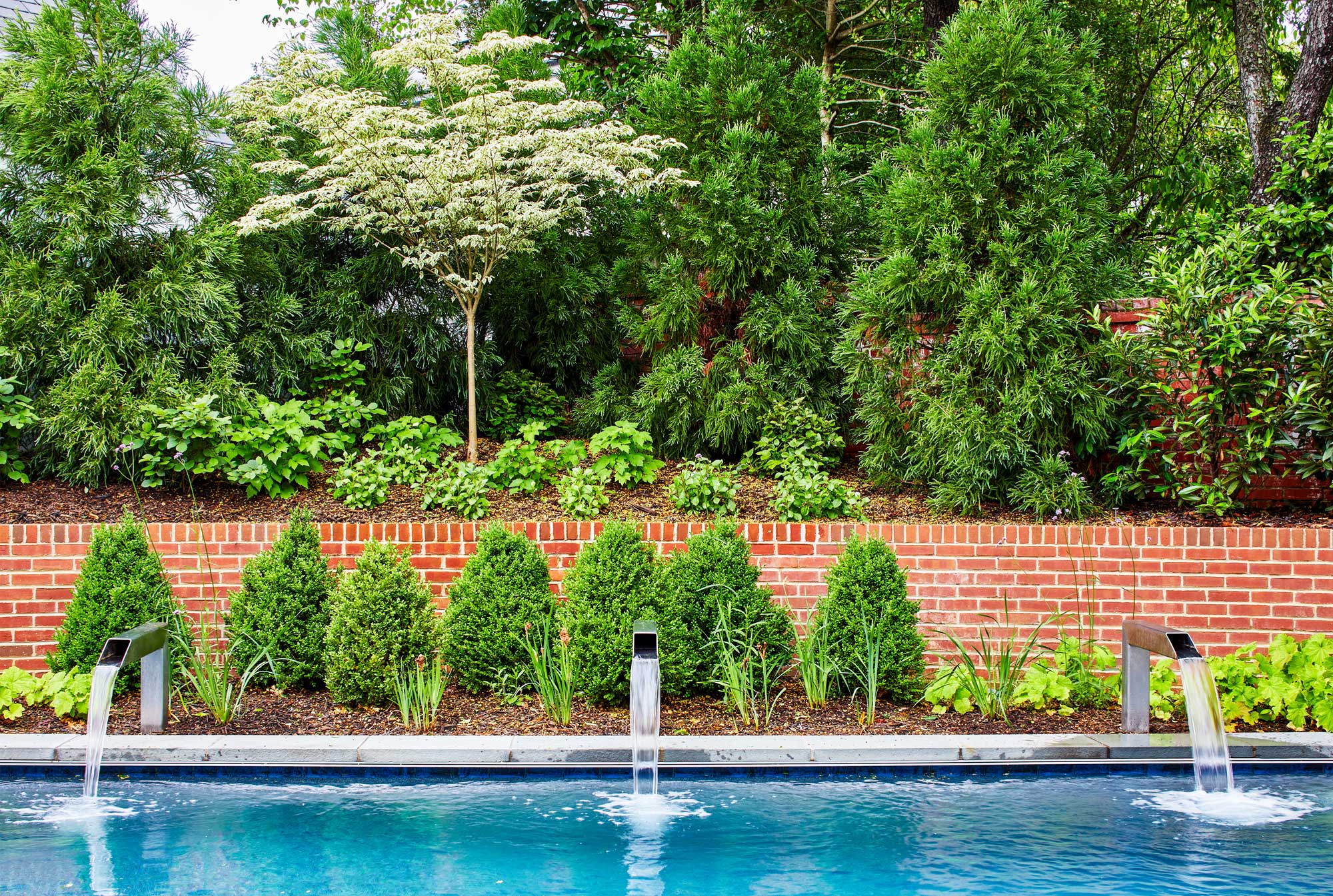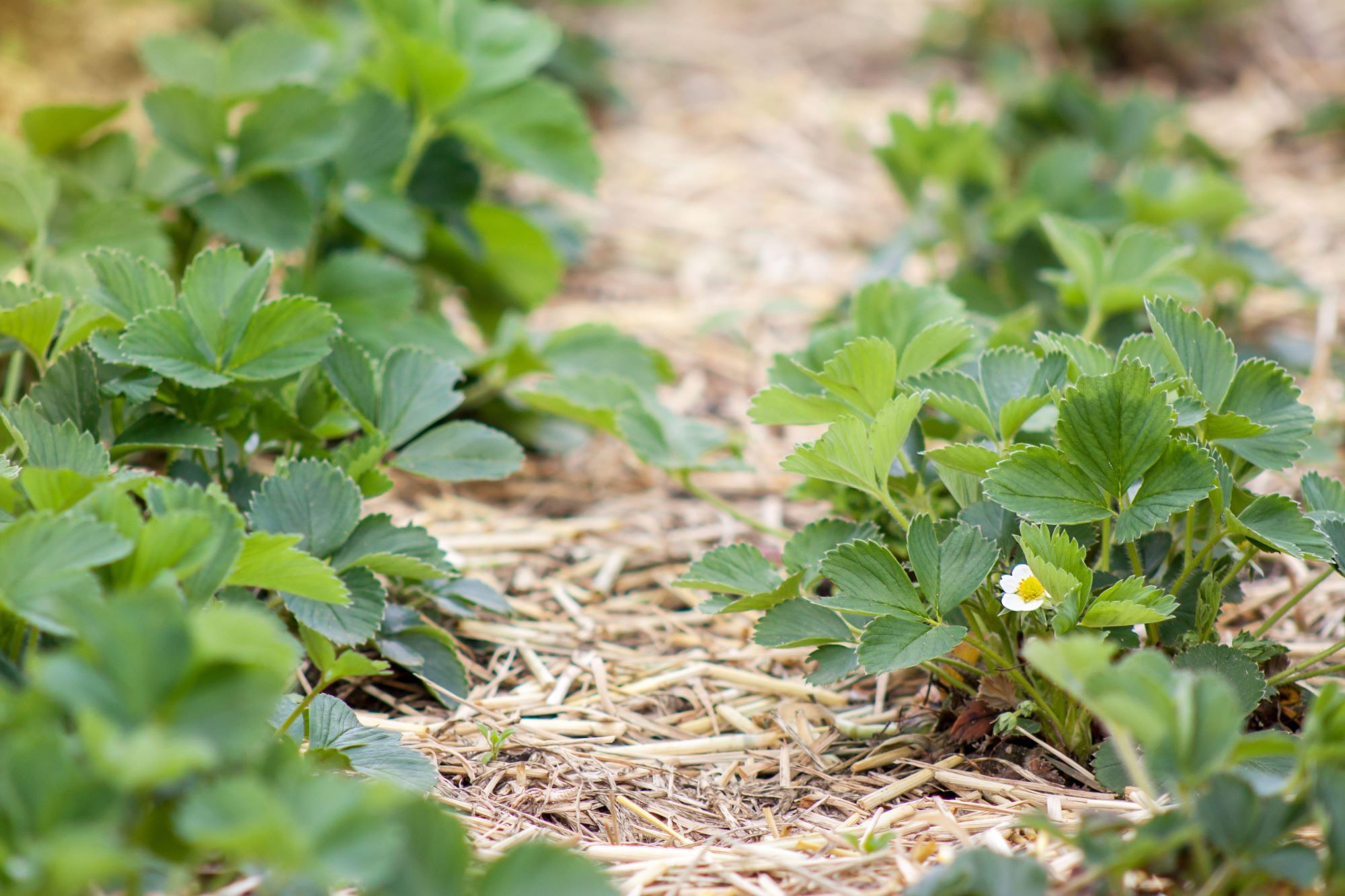
There is so much gardening jargon floating around it is easy to get swept up in it all and end up missing some really important information. Mulch is one of the techniques that has possibly slipped through the cracks. Thankfully our gardening experts are on hand to cut through the noise and give you all the tips and tricks you need for your best garden ever.
Looking after your backyard in summer can be overwhelming, but mulch has probably cropped up in your search of how to help your backyard stay looking its best in the heat but with little explanation. It's quite a distinctive landscaping idea to embrace, but is it worth it?
Here, we asked the experts to unpack what mulch actually is, and how you might wish to use it in your garden. It might not sound like much but we think you'll be convinced after hearing all the benefits it has to offer.
What is mulch?
‘Mulch is a material layer applied to the surface of the soil,’ says Tony O’Neill, expert gardener from Simplifying Gardening. ‘It can be organic, such as straw, grass clippings, compost, or wood chips - or inorganic, like pebbles or plastic.’
Regardless of the type the primary aim is to improve plant health and soil quality, as well as help you create a more low-maintenance garden, too. Whilst inorganic mulches like geotextiles may have to be especially bought, organic options may be something you already have. Organic mulch can be made from a variety of things such as fallen leaves or sawdust.
What are the benefits of mulch?

Mulch is sort of a miracle fix for some of your backyard's biggest gardening problems. ‘One of the key benefits of mulch is its ability to conserve moisture in the soil,’ says Gene Caballero, co-founder of GreenPal. ‘By creating a barrier between the soil and the air, mulch helps reduce evaporation, allowing plants to access water for a longer period. This is particularly beneficial during hot and dry weather conditions when water loss can be significant,’ he explains. This makes mulching an ideal technique for the summer months.
However mulch is not just for the fair weather, it can also be beneficial in winter. ‘Mulch acts as an insulator, moderating soil temperatures so plant roots are cooler in the summer and warmer in the winter,’ says Tony. Protecting your plants from extreme temperatures both hot and cold is important, thankfully this product does both. This also means there is no need to drastically change your gardening technique as the weather changes.
‘Another advantage of using mulch is its weed-suppressing properties,’ says expert gardener Gene. ‘A thick layer of mulch prevents sunlight from reaching weed seeds, inhibiting their germination and growth.’ If it reduces the time and effort spent on weeding it's worth it in our books. If it's organic, mulch can lalso work to improve the overall health of your soil. ‘As it decomposes it enriches the soil with nutrients, improving its structure over time’ adds Tony.
As if we needed any more convincing Tim Graham, from Yard and Garden Guru, gives another benefit. 'It gives your garden a neat, finished look,' he says. 'Mulch is perfect for sharpening up the edges of borders and providing a clean foundation for whatever you plant on top.' Well, that's us sold.
How do I use mulch?

You’ll be pleased to know it’s quite straightforward. The first step is selecting your desired mulch. ‘After you've chosen your desired type, you'll need to clear the area around your plants, removing any weeds,’ advises Tony.
‘Then, apply a layer of mulch approximately 2-4 inches thick around the plants and the garden bed. Be careful not to mound it around the stems of plants or tree trunks, as this can lead to rot.’ Et voila, your garden is successfully mulched, and you can sit back, relax and observe your flower beds reap the benefits.
When should I use mulch?
Mulch can be used in many different situations, but there are specific cases where it should be at the top of your gardening to-do list. ‘You should use mulch when you're looking to improve soil moisture retention, regulate soil temperature, and suppress weeds. It's beneficial almost all year round but is particularly effective when applied in early spring and fall’ says Tony.
Due to its properties, it is particularly useful in dry gardens and areas prone to water loss such as raised flower beds and areas around trees. Making it especially useful when establishing new plants or growing young shrubs.
When shouldn't I use mulch?
Although mulching is somewhat of a fix-all cure, there are cases where it should not be used. ‘Avoid using mulch against the stems of plants and the trunks of trees, as it can lead to rot’, says garden guru Tim. All experts agree mulch shouldn't be used where water drainage is poor. Its water retention properties can be both a blessing and a curse, make sure to consider this before placing your mulch.
Lastly, consider the mulch you are using. In areas where you are looking to improve soil quality, inorganic mulches might not be suitable, as they don't improve soil fertility like organic ones do. Equally, organic mulches decompose and need to be refreshed to ensure they continue to improve your garden.







